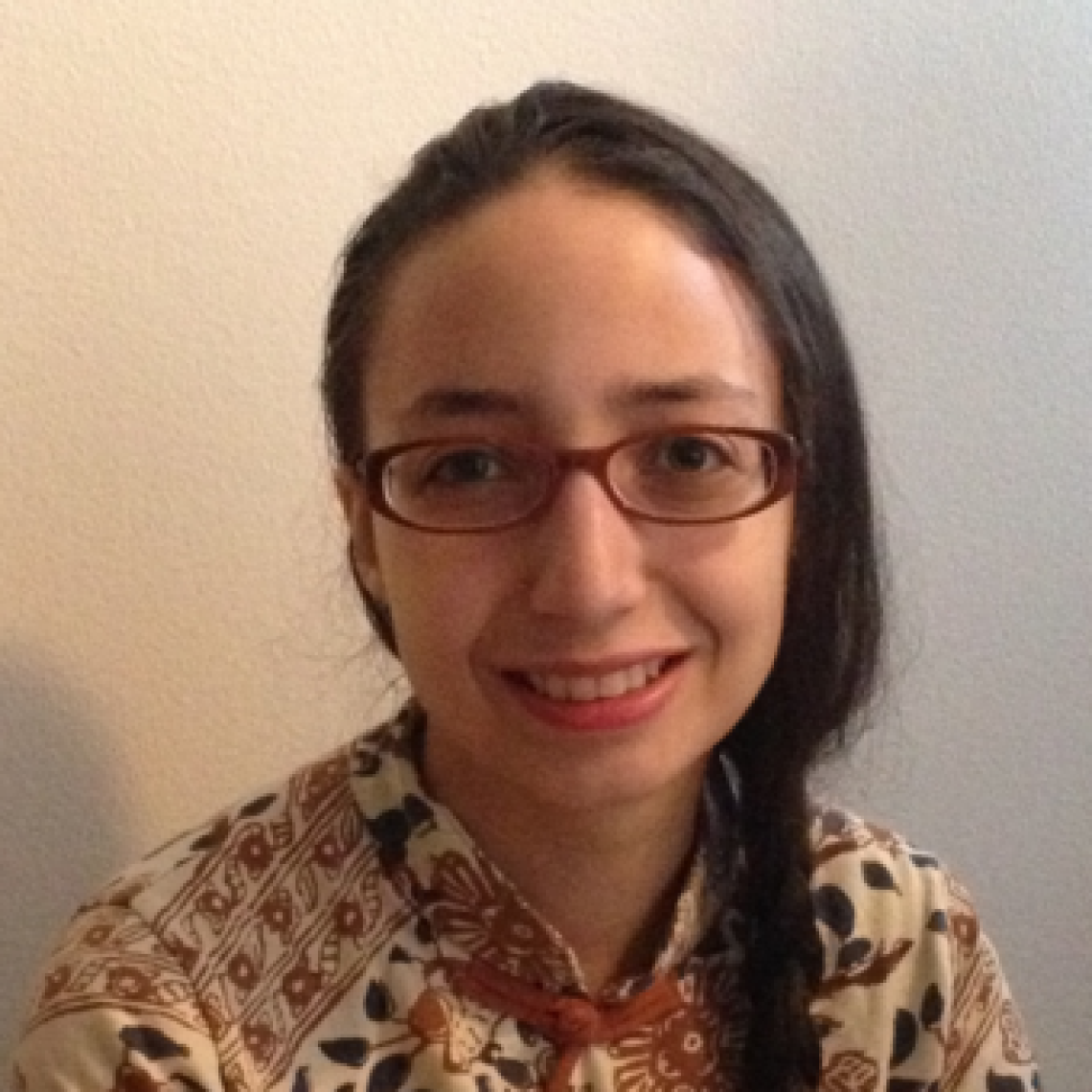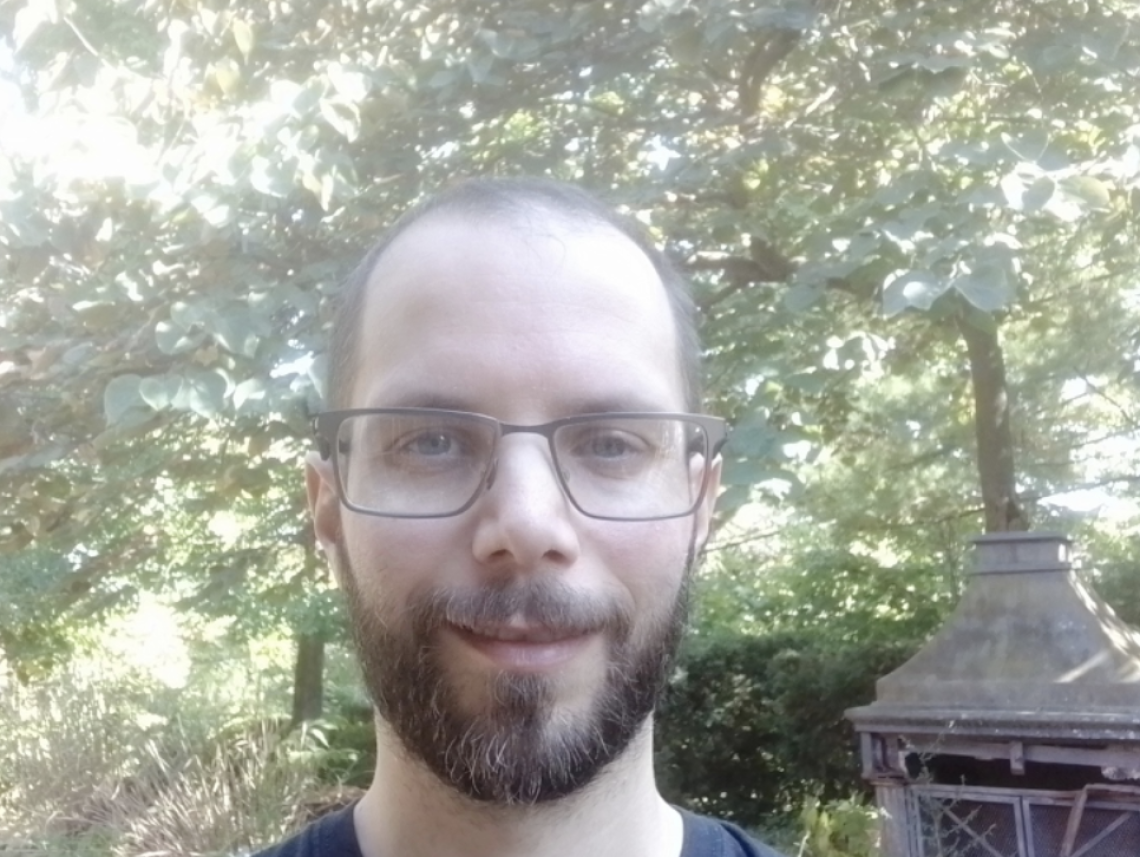Parallax Advanced Research Awarded $97.5 Million MATRIX Contract
On June 13, 2022, Parallax Advanced Research announced a significant achievement: securing a $97.5 million contract with the Air Force Research Laboratory (AFRL) for the Mission Analytics Technology and Research for Innovative eXploitation (MATRIX) program. This seven-year contract focuses on advancing human-machine teaming, human performance, and cognitive processes to enhance military operational effectiveness.
Project Timeline
April 25, 2022:
Contract award by AFRL for the MATRIX program, marking the beginning of the seven-year project.
June 13, 2022:
Public announcement of the contract award.
Ongoing:
Research and development phases in progress, with significant hiring and collaboration initiatives.
Our Impact
- "The MATRIX contract is a testament to Parallax’s commitment to revolutionizing military performance through advanced research. Our work will directly enhance the efficiency and effectiveness of Airmen across various mission environments.” – Dennis Andersh, President and CEO, Parallax
- This initiative aims to improve analytic workflows, cognitive processes, and physiological indicators to support military operations. Parallax will leverage its expertise in cognitive systems engineering, human factors, and AI to deliver cutting-edge solutions.
- The MATRIX contract is expected to drive significant advancements in military technology and operational efficiency, bringing approximately $87 million in payroll to Ohio and creating over 35 new positions.
Core Capabilities
- Conducting research in multi-source analytics, joint all-domain systems analytics, and machine learning to optimize human and machine interactions in defense settings.
- Expertise in cognitive systems engineering, human-machine interaction, and advanced analytics to develop solutions that enhance military performance and decision-making.
- Development of innovative analytical tools and methods to improve data interpretation and operational effectiveness in complex environments.




